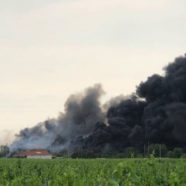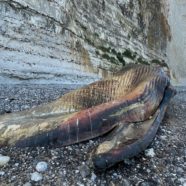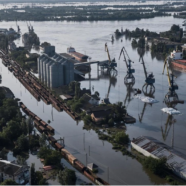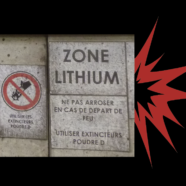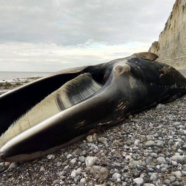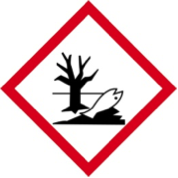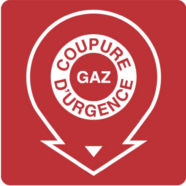“Shipbreaking” #69, the International Shipbreaking Show
“Shipbreaking”, the 69th, 68 pages
English version (pdf – 12.3 Mo)
Review January-February-March 2023
The Cursed Dnieper
The earliest terrorist act with the intention to flood a city goes back to the Mongol conqueror Genghis Khan. In 1209, in order to put a quicker end to the siege on Yinchuan, the capital of the Western Xia dynasty (now in north-west China), Genghis Khan set out with his troops to divert a branch of the Huang He, the Yellow River. The makeshift dam broke and the ploy backfired. It was Genghis Khan’s camp that was flooded.
Briefing note n°2 on the PFAS Report
The report “Analyse des risques de présence de per- et polyfluoroalkyles (PFAS) dans l’environnement” (“Risk Analysis for the presence of per- and polyfluoroalkyles (PFAS) in the environment”) (1) was finally published on April 14, 2023 and said that the subject of potentially concerned pesticides is very poorly documented “which would justify arranging a survey of manufacturers”. Robin des Bois has already noted that the ECHA (European Chemicals Agency) in its document covering the restrictions on the use of PFAS (2) and in particular in its Annex (3) cites in the Biocides and Pesticides categories 49 active substances approved by the European Union and covered by the current definition of PFAS (listed below). For pesticides, the ECHA estimates that 5,479 tonnes of PFAS are used each year in the European Union. The prohibition of PFAS in pesticides would remove 200 products from the market, which is not currently advised by the ECHA.






